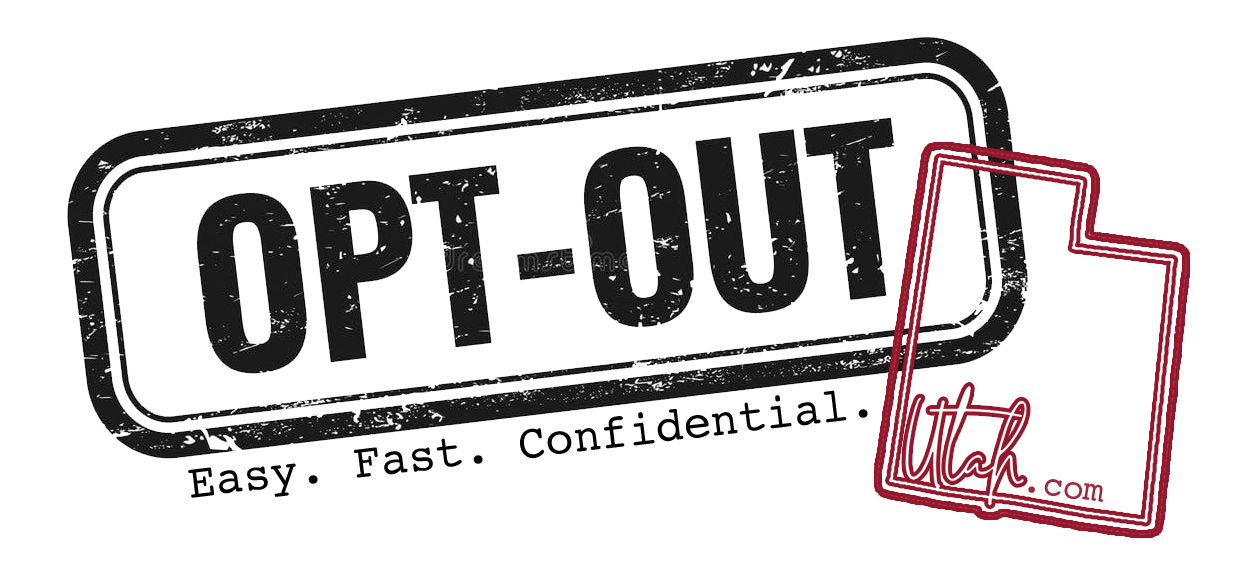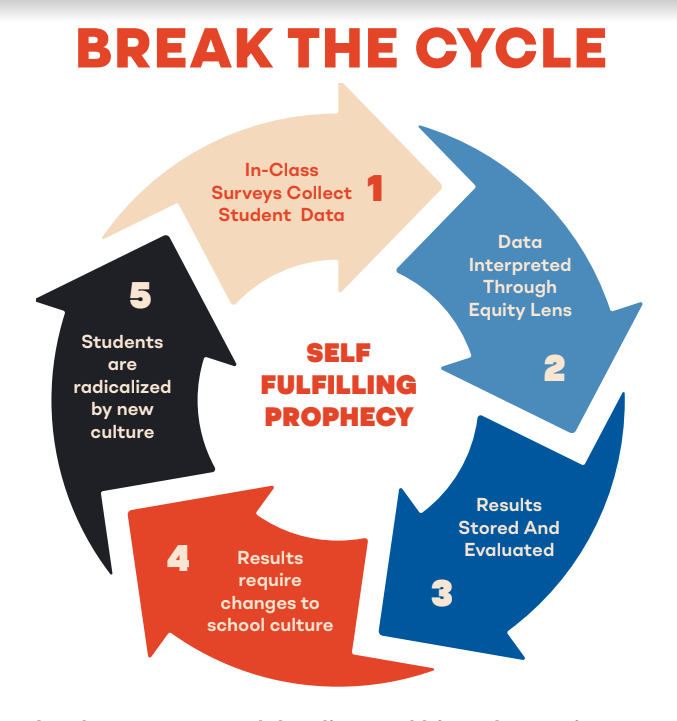SHARP Survey (SHARPS) - Opt Out Form
STUDENT HEALTH AND RISK PREVENTION SURVEY (SHARPS)
Please fill out the form below the sample email. Be sure you have the correct name and email of your school principal. The submit button will email you and the school a copy of the opt-out Assertion.
Click the buttons below for details on the SHARP Survey and the Parent Notification. The survey is 27 pages long. Please review the sample survey, we believe you'll find it concerning.
I, [PARENT NAME], as a parent and/or legal guardian of [STUDENT NAME], a minor child, hereby exercise my right under the US. Constitution and laws of the State of Utah, to direct the upbringing and education of my minor child as follows:
I DO NOT CONSENT to the “Prevention Needs Assessment (PNA).”
I DO NOT CONSENT to the “Youth Risk Behavior Survey (YBRS).”
I DO NOT CONSENT to my child’s participation in any opinion survey, personal analysis, evaluation, questionnaire or any other form of data collection that reveals or attempts to affect, or references or relates in any way to my child’s attitudes, habits, traits, opinions, beliefs or feelings concerning: curriculum, political affiliations, religious beliefs or practices; mental or psychological conditions; sexual behavior or attitudes, sexual activity, sexual orientation; gender identity; or illegal, antisocial, self-incriminating or demeaning behavior.
For the avoidance of doubt, my child is not allowed or permitted to partake in any survey, including curriculum centric and/or opinion in nature, without express, informed parental written consent.
Please place a copy of this in my permanent file and notify all teachers of record.

